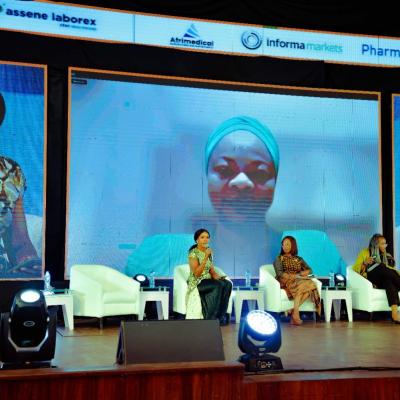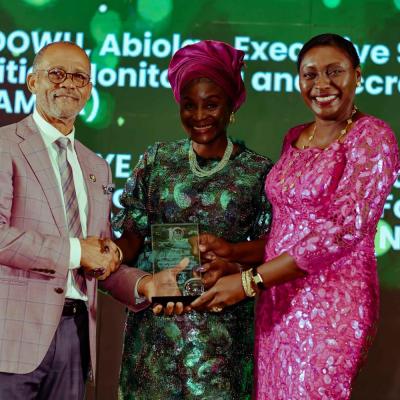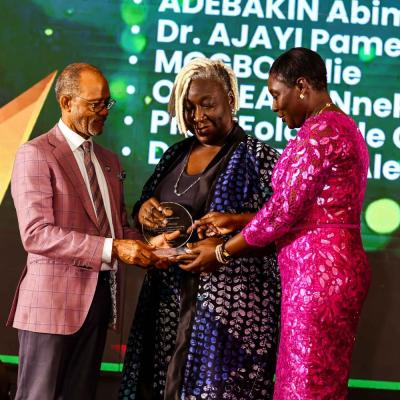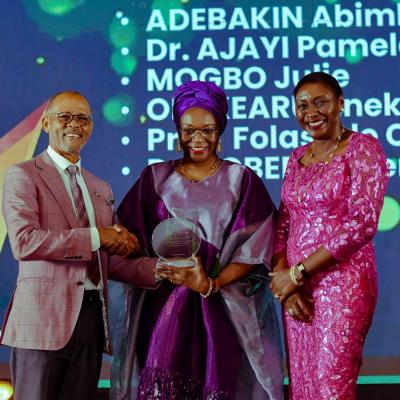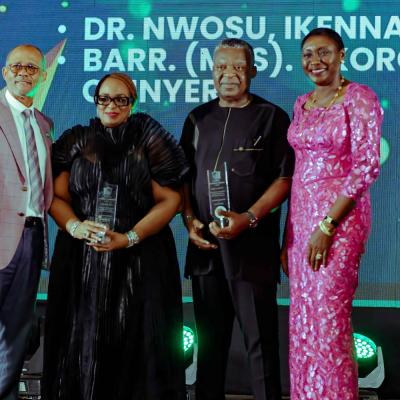Despite this, Marie-Pierre Preziosi, head of the Initiative for Vaccine Research at the WHO, has warned that the vaccine cannot be used as a preventative vaccine in the way that polio and smallpox vaccines are used and it cannot serve as a “long-term strategy” to stop Ebola. Preziosi explained that there are several factors that make it impossible to vaccinate entire populations as a protection against Ebola with the GMO vaccine.
First, it is unknown how long the vaccine lasts. Some vaccines offer protection that may last for decades, while others last a very short period of time. Unless the WHO is able to determine that the new Ebola vaccine offers long-lasting protection, it could only be used to treat people once outbreaks are already occurring. If the experimental vaccine is approved, it would only be given to the people most at-risk of being exposed to a sick person once an Ebola outbreaks occurred, such as family members, health-care providers, and sanitation workers, Preziosi says.
This approach is similar to how oral cholera vaccines are used, only during outbreaks or when people are traveling to an area prone to cholera. While cholera vaccines have been available for years, cholera outbreaks continue to occur in developing countries around the world. It is also unknown whether the experimental vaccine is safe or effective for pregnant women, children under 6, or people who are HIV positive. These groups are some of the people most at risk for Ebola. Studies to determine the safety and effectiveness of the vaccine for these groups are just now getting started.
Another issue is that most Ebola outbreaks around the world are now under control, so it is extremely difficult to determine how effective any vaccine is against the deadly disease. Ebola is too dangerous to intentionally expose people to, leaving researchers with no accurate way to gauge how effective the vaccine really is. Yet another issue is that there are different strains of Ebola, which means that vaccines that work against one strain of Ebola may not work against another. Preziosi says that doctors will need to have a combination of vaccines and therapeutic options in order to mount a truly effective campaign against Ebola in the long term.
The new Ebola vaccine, which is manufactured by Merck, uses a genetically engineered version of vesicular stomatitis virus (VSV), a cattle virus, in which Ebola genes have been inserted. The National Institute of Health says VSV can cause severe disease in cattle and other livestock, but it is not a threat to people. Scientists have used the virus as an experimental vaccine delivery system against infectious diseases such as Ebola, Marburg, and Lassa fever viruses for about 10 years.
Source:MWN

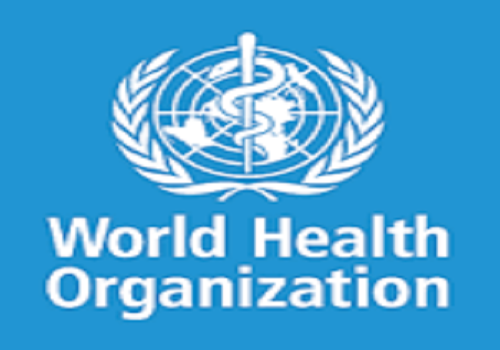 While an experimental Ebola vaccine has been shown to be 100 percent effective in preliminary trials, the World Health Organization (WHO) has warned that it cannot be used as a preventative vaccine and it is unknown if it is safe for children, pregnant women, or some other populations, MIT Technology Review reports.
While an experimental Ebola vaccine has been shown to be 100 percent effective in preliminary trials, the World Health Organization (WHO) has warned that it cannot be used as a preventative vaccine and it is unknown if it is safe for children, pregnant women, or some other populations, MIT Technology Review reports.

